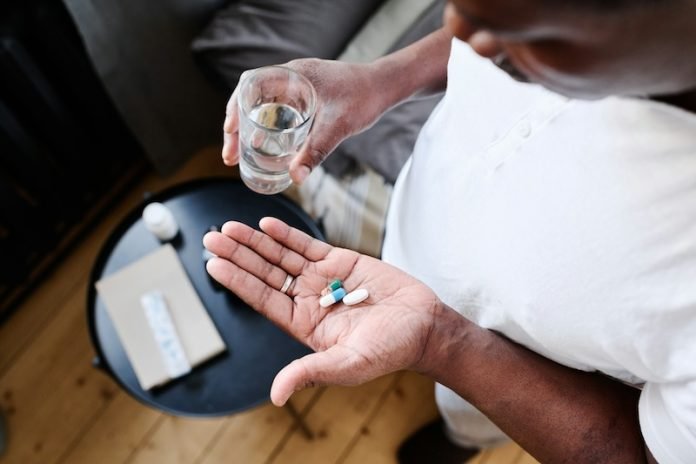
A recent study from Johns Hopkins University found that a significant number of older Americans are still taking a daily baby aspirin to prevent first-time heart problems, even though updated guidelines discourage its use for this purpose.
The study examined data from over 7,100 U.S. adults aged 60 and up who participated in a federal health survey.
It found that between 50% and 62% of adults aged 70 and older were using low-dose aspirin to reduce their risk of heart disease or stroke.
Interestingly, aspirin use was common even among those with no history of heart disease, a group for whom aspirin use may have more risks than benefits. Even among participants without diabetes, nearly half were using aspirin.
Current guidelines generally discourage routine aspirin use for individuals aged 70 and older to prevent a first-time heart attack or stroke because aspirin carries a risk of gastrointestinal or brain bleeding, and recent trials have not conclusively shown its effectiveness for primary prevention.
Previous guidelines had recommended low-dose aspirin for individuals at high risk of developing heart disease in the next 10 years due to risk factors like smoking, high blood pressure, or diabetes.
However, based on recent studies, the thinking has evolved, and the latest guidelines caution against routine aspirin use for primary prevention in older adults.
The study’s authors encourage older adults who have been taking aspirin for a long time to discuss its continued use with their healthcare provider to determine whether it remains necessary.
In summary, despite updated guidelines, many older Americans continue to take daily aspirin for primary prevention of heart disease or stroke, raising concerns about potential risks outweighing benefits in this population.
If you care about heart health, please read studies about how eating eggs can help reduce heart disease risk, and herbal supplements could harm your heart rhythm.
For more information about health, please see recent studies that olive oil may help you live longer, and vitamin D could help lower the risk of autoimmune diseases.
Copyright © 2023 Knowridge Science Report. All rights reserved.



